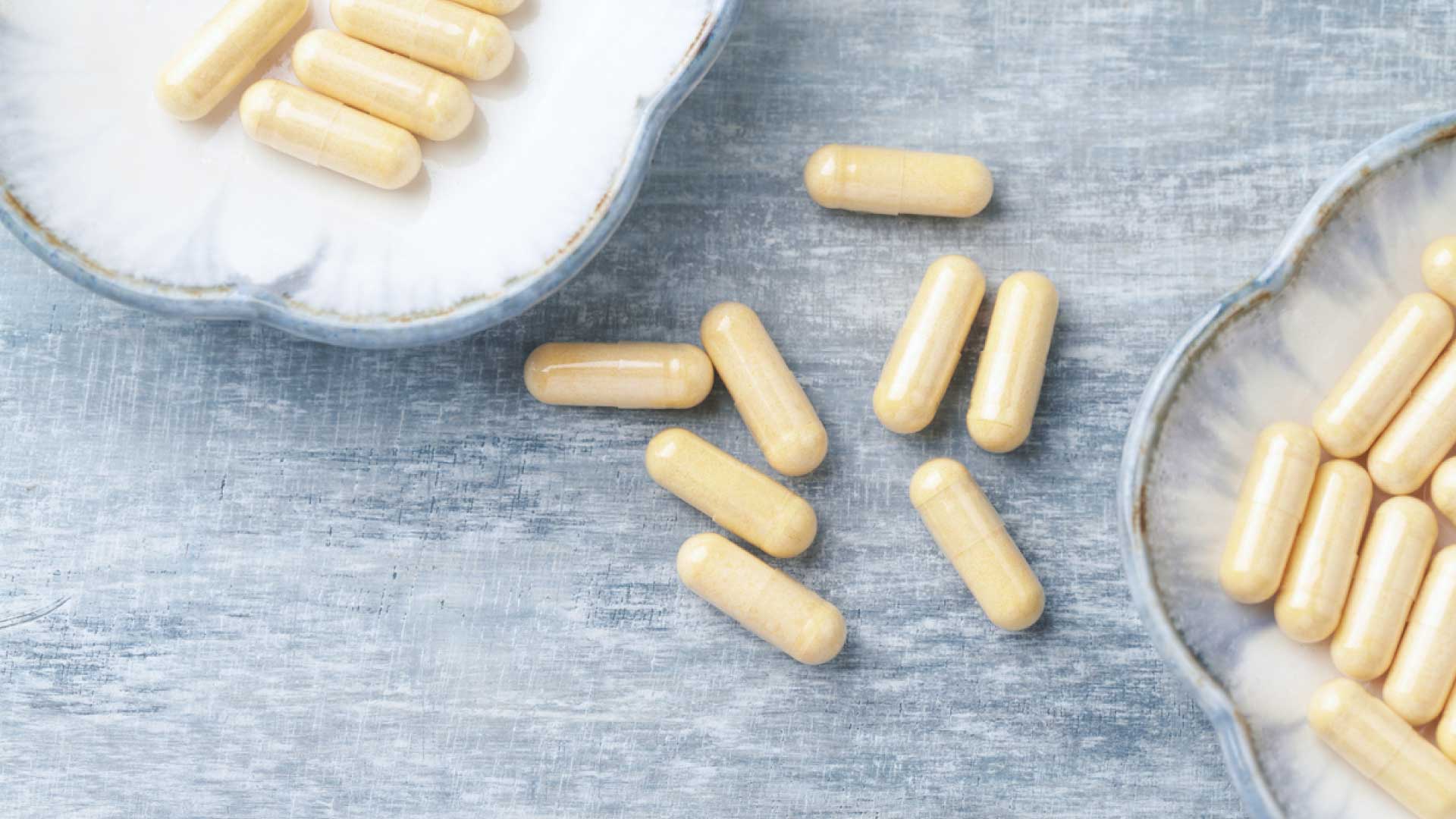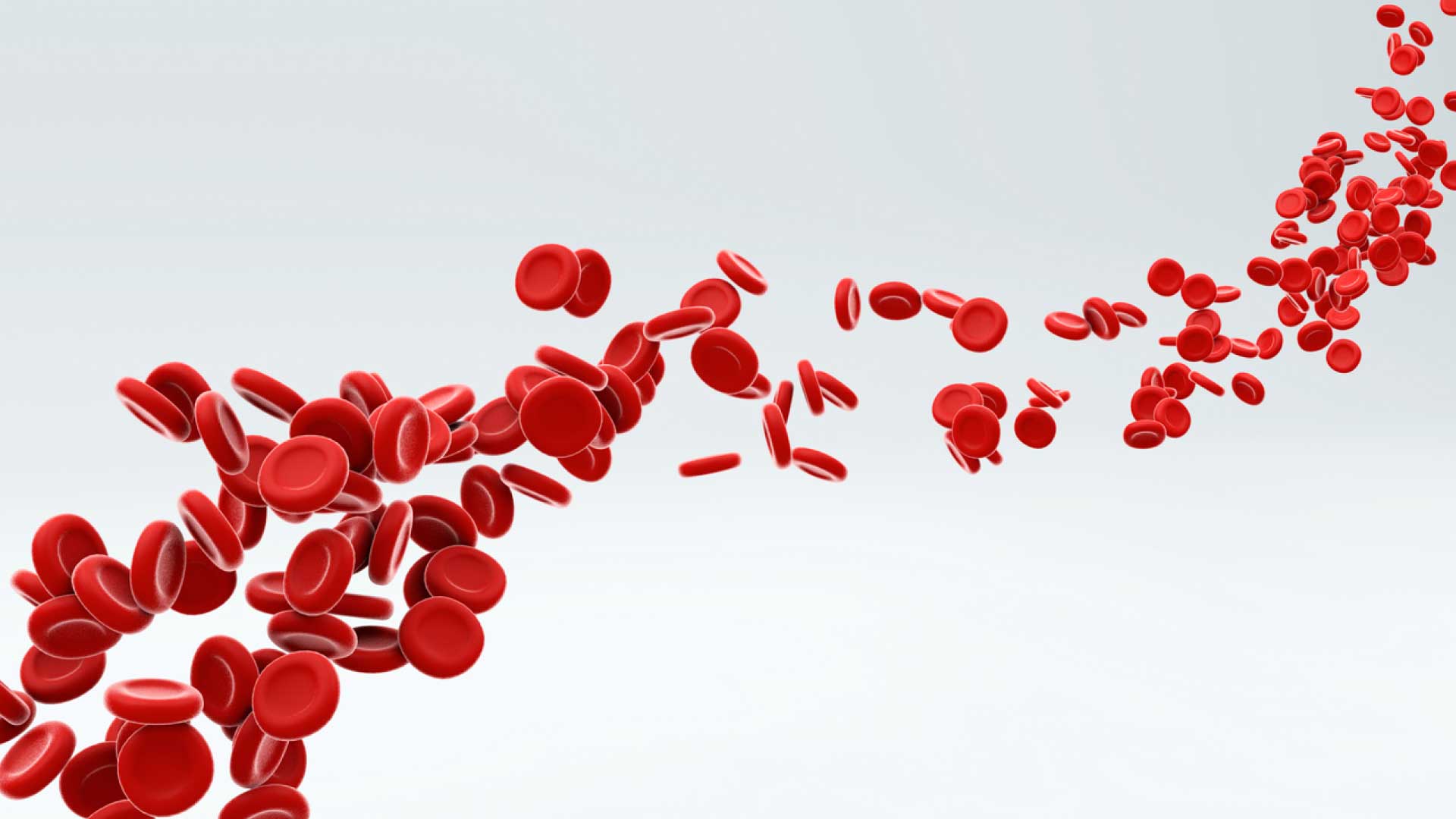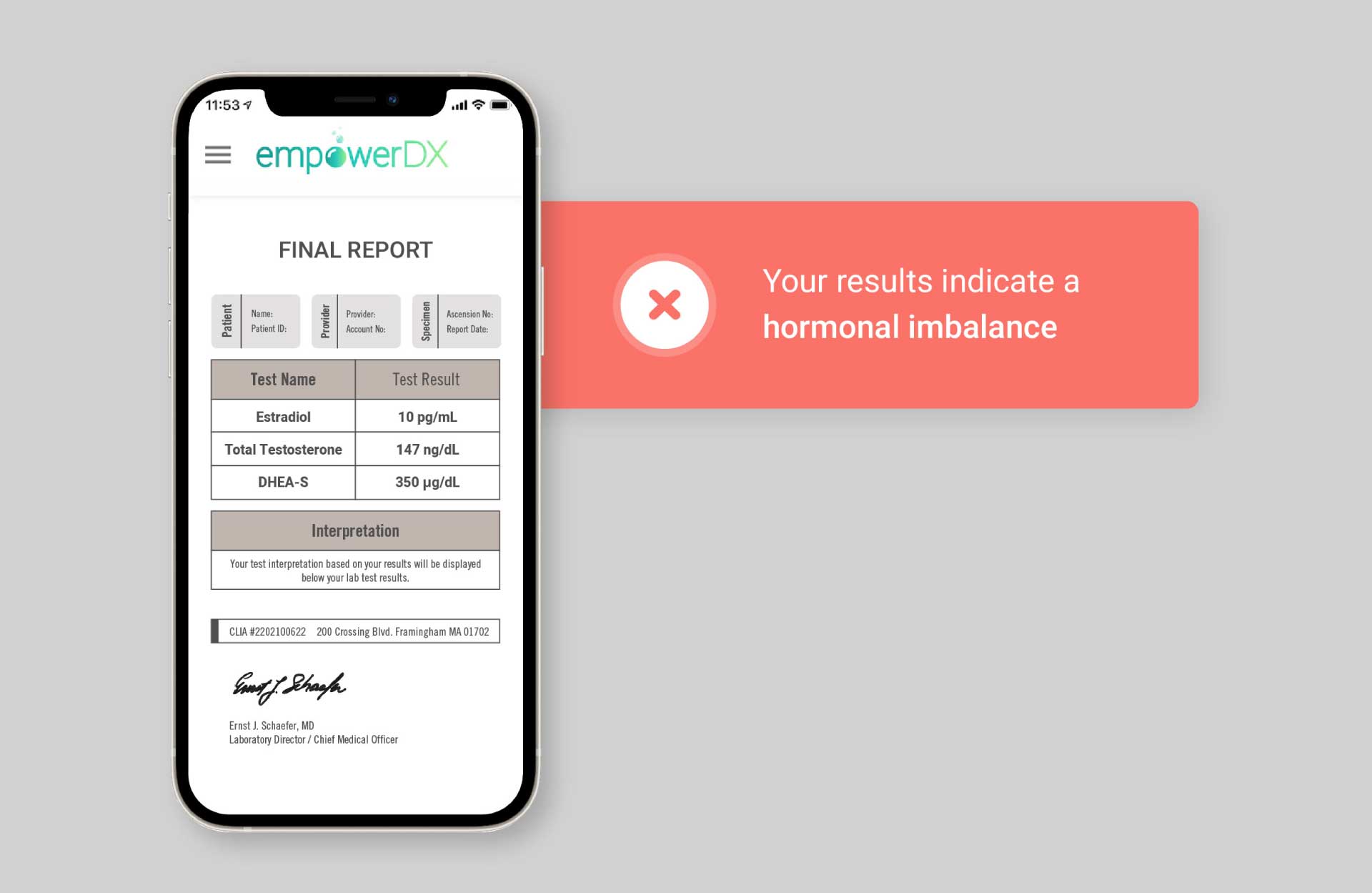Let’s face it – while aging isn’t much fun (hello, random grey hairs) it’s a natural part of life. But as your body changes, it’s important to stay ahead of potential health risks and complications that can occur as you get older.
For men, getting answers can be especially difficult. Men are three times less likely to visit their doctor than women, and one 2001 article found that men received less time with doctors during their appointments. [1] This same article noted that doctors provided men with shorter, briefer explanations about their health conditions than they provided with female patients.
Men, you don't have to live without answers to your health questions. Let’s dive into the five things men may want to monitor as they get older, and look at how you can stay on top of your health right from home.

1. Testosterone levels
Your testosterone levels naturally begin to decrease around age 30, and low testosterone can cause hair loss, reduced muscle mass, fatigue, low energy, weight gain, lower sex drive, and other symptoms.
Testosterone deficiency can also be associated with other health problems. In a 2011 systematic review of 21 studies, researchers found that low endogenous testosterone levels were associated with increased risk of all-cause and cardiovascular disease mortality rates. [2]
While testosterone therapy can help boost low levels, one 2017 review from American Family Physician noted that testosterone therapy could increase the risk of polycythemia (too many red blood cells), blood clots, and heart complications, and should not be prescribed to men who want to initiate pregnancy. [3]
If your testosterone level is low, it is essential to discuss this finding with a doctor. There are several potential causes for low testosterone beyond aging that need to be worked up by a doctor.
Wondering if you have low testosterone? You can regularly test your levels at home with an at-home testosterone test.

2. Heart health
Heart disease is the number one cause of death for men of all ages, according to the CDC. According to one 2011 meta-analysis of 70 articles, lower testosterone levels (paired with higher estradiol levels) were associated with an increased risk of cardiovascular disease. [4] One major contributor to cardiovascular disease is high cholesterol, so it’s essential to get tested regularly.
The more information you have on your body chemistry, the better prepared you are to develop a plan with your doctor. Many labels are not routinely covered by insurance, so bringing these labs to your doctor can help them make better personalized treatment plans for you.
On your own, here are a few lifestyles habits that can help keep your heart healthy:
- Eat fresh fruits, vegetables, and foods high in fiber.
- Avoid foods high in saturated fat, salt, and sugar.
- Get regular exercise, at least 150 minutes of moderate intensity activity every week.
- Make sure you get enough quality sleep (healthy adults need between 7 and 9 hours of sleep per night).
- Limit your alcohol intake as much as possible.
- Quit smoking.

3. CoQ10 levels
We don’t blame you if you haven’t heard of this one - but this powerful antioxidant helps your body make and use energy. Unfortunately, your levels naturally decrease as you get older. Low CoQ10 levels can cause muscle weakness, fatigue, headaches, and could even impact male fertility.
However, supplementation is an easy way to combat the effects of CoQ10 deficiency. One meta-analysis published in the Journal of Assisted Reproduction and Genetics found that CoQ10 supplementation increased sperm concentration and movement. [5] Another small study of 65 male patients found that supplementing with 200-400 mg of CoQ10 per day for three months also helped improve semen parameters and increased sperm quality. [6] Best of all, it’s easy to test your levels from home to find out if your levels are low.

4. Prostate health
According to the American Cancer Society, over 240,000 men will be diagnosed with prostate cancer this year. While prostate cancer can be serious and is the second most deadly cancer for American men, it is easier to treat when detected early. Prostate cancer screening may include a PSA blood test and/or a digital rectal exam. Screenings are usually done annually.

5. Hemoglobin A1C
As you age, your risk for prediabetes and diabetes increases, so it’s important to monitor your blood sugar levels. Whenever you eat sugar, it interacts with your red blood cells. Because red blood cells are present for months, this becomes a reliable way to follow blood sugar over an extended period of time.
However, high blood sugar can pose a variety of health risks. According to one 2010 study of 11,057 participants published , elevated A1C levels are associated with heart failure in a middle-aged population without diabetes, suggesting that chronic high blood sugar can contribute to the development of heart failure. [7]
By testing your hemoglobin A1C levels, you can get a big-picture look at your average blood sugar levels over the past 3 months. The CDC recommends getting a baseline A1C test if you’re over 45, or if you are under 45 and are overweight or are at higher risk for diabetes.

So what can you do?
Even if you’re still feeling healthy, it’s important to stay on top of your well-being through frequent health monitoring. At-home health testing is a great way to get empowered with the health answers you need. While you don’t have a choice about whether you’re getting older or not, you can take action and get equipped with information that helps you age on your own terms.
Sources
[1] Banks, I. “No man's land: men, illness, and the NHS.” BMJ (Clinical research ed.) vol. 323,7320 (2001): 1058-60. doi:10.1136/bmj.323.7320.1058
[2] Araujo, Andre B et al. “Clinical review: Endogenous testosterone and mortality in men: a systematic review and meta-analysis.” The Journal of clinical endocrinology and metabolism vol. 96,10 (2011): 3007-19. doi:10.1210/jc.2011-1137
[3] Petering, Ryan C., and Nathan A. Brooks. 2017. “Testosterone Therapy: Review of Clinical Applications.” American Family Physician 96 (7): 441–49.
[4] Corona, Giovanni et al. “Hypogonadism as a risk factor for cardiovascular mortality in men: a meta-analytic study.” European journal of endocrinology vol. 165,5 (2011): 687-701. doi:10.1530/EJE-11-0447
[5] Lafuente, Rafael et al. “Coenzyme Q10 and male infertility: a meta-analysis.” Journal of assisted reproduction and genetics vol. 30,9 (2013): 1147-56. doi:10.1007/s10815-013-0047-5
[6] Alahmar, Ahmed T. “The impact of two doses of coenzyme Q10 on semen parameters and antioxidant status in men with idiopathic oligoasthenoteratozoospermia.” Clinical and experimental reproductive medicine vol. 46,3 (2019): 112-118. doi:10.5653/cerm.2019.00136
[7] Matsushita, Kunihiro, et al. “The Association of Hemoglobin A1c with Incident Heart Failure among People without Diabetes: The Atherosclerosis Risk in Communities Study.” Diabetes, vol. 59, no. 8, Aug. 2010, pp. 2020–2026., doi:10.2337/db10-0165.


